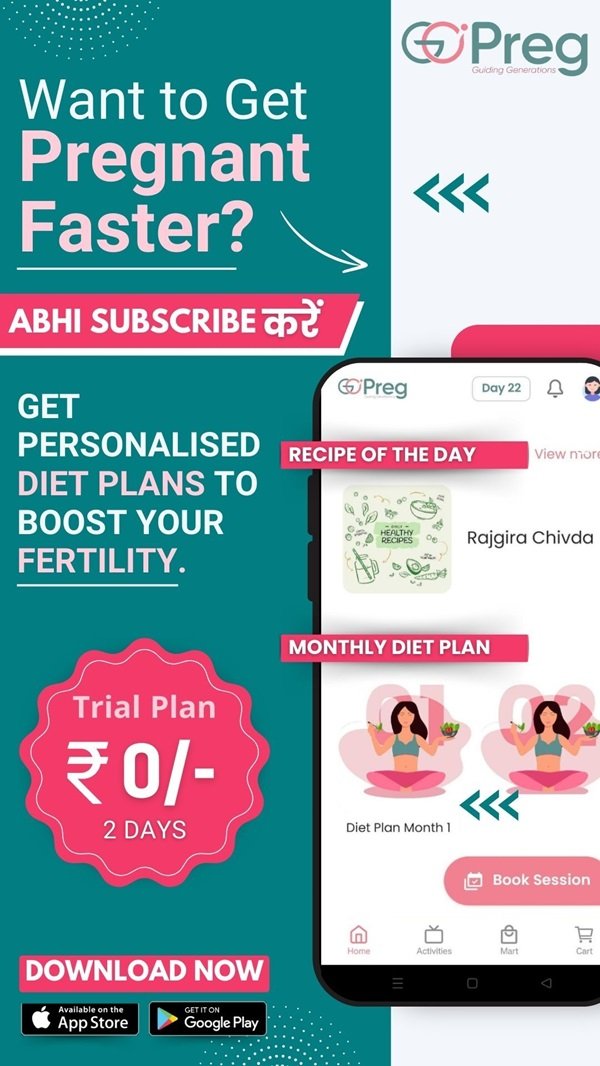7 Causes Of Female Infertility | Reasons Why A Woman Can’t Get Pregnant

Infertility is a common issue that affects many women worldwide. Female infertility accounts for approximately one-third of all infertility cases. While some women may conceive easily, others may experience difficulty getting pregnant due to a variety of factors. These can include age, hormonal imbalances, underlying health conditions, lifestyle factors, and more. If you are trying to conceive and have been unsuccessful for a prolonged period, it’s important to seek medical advice and learn about the signs and causes of female infertility. This blog can help you identify potential issues early on and explore treatment options to improve your chances of conceiving.
Signs You Can’t Get Pregnant
While the primary sign of potential infertility is difficulty conceiving, other warning signs may include:
- Irregular Periods: Very short, very long, or absent periods can signal an underlying issue.
- Painful or Heavy Periods: Severe cramps might indicate conditions like endometriosis.
- Hormonal Symptoms: Unexplained weight gain, acne, or changes in hair growth could be due to hormonal imbalances.
Types Of Infertility In Females Why A Woman Can’t Get Pregnant
There are several types of infertility in females, and here are seven reasons why a woman can’t get pregnant.
- Age: As a woman ages, her fertility decreases, and it becomes harder to conceive.
- Hormonal Imbalances: Hormonal imbalances can cause irregular periods, which can make it harder to predict ovulation.
- Polycystic Ovary Syndrome (PCOS): PCOS is a condition that affects a woman’s hormone levels, making it harder to get pregnant.
- Endometriosis: Endometriosis is a condition where the tissue that lines the uterus grows outside of it, leading to fertility issues.
- Blocked Fallopian Tubes: Blocked fallopian tubes can prevent the egg from reaching the uterus for fertilization.
- Uterine Fibroids: Uterine fibroids are non-cancerous uterine growths that can interfere with conception.
- Unhealthy Lifestyle Habits: Smoking, drinking, and drug use can all affect fertility.
If you are experiencing any of these infertility warning signs, it’s essential to talk to your doctor. They can help you determine how to test if a woman is infertile and suggest treatments that may help you conceive.
For those who have overcome fertility hurdles and are now expecting, GoPreg is an excellent resource. This mobile application promotes a holistic approach to pregnancy with Garbhsanskar activities, including guidance on diet, meditation, and music therapy. GoPreg aims to foster the well-being of both mother and child throughout the pregnancy journey.
With GoPreg, expecting mothers can easily access and follow the Garbhsanskar practices, which can positively impact the overall development of the fetus. The app also provides reminders and notifications to ensure mothers stay on track with their Garbhsanskar activities. Overall, it is a useful platform for mothers who want to ensure a healthy and nurturing environment for their unborn child.
In addition to medical treatments, there are also lifestyle changes you can make to increase your chances of getting pregnant. Eating a healthy diet, getting regular exercise, and reducing stress can all improve your fertility.
Conclusion
In conclusion, female infertility is a complex issue, and there can be many reasons why a woman can’t get pregnant. If you are experiencing any infertility warning signs, talk to your doctor to determine how to test if a woman is infertile and explore treatment options. In addition, making lifestyle changes and using resources like GoPreg can help increase your chances of conceiving and promote a healthy pregnancy. Remember, with the right support and resources, it is possible to overcome infertility and start a family.



